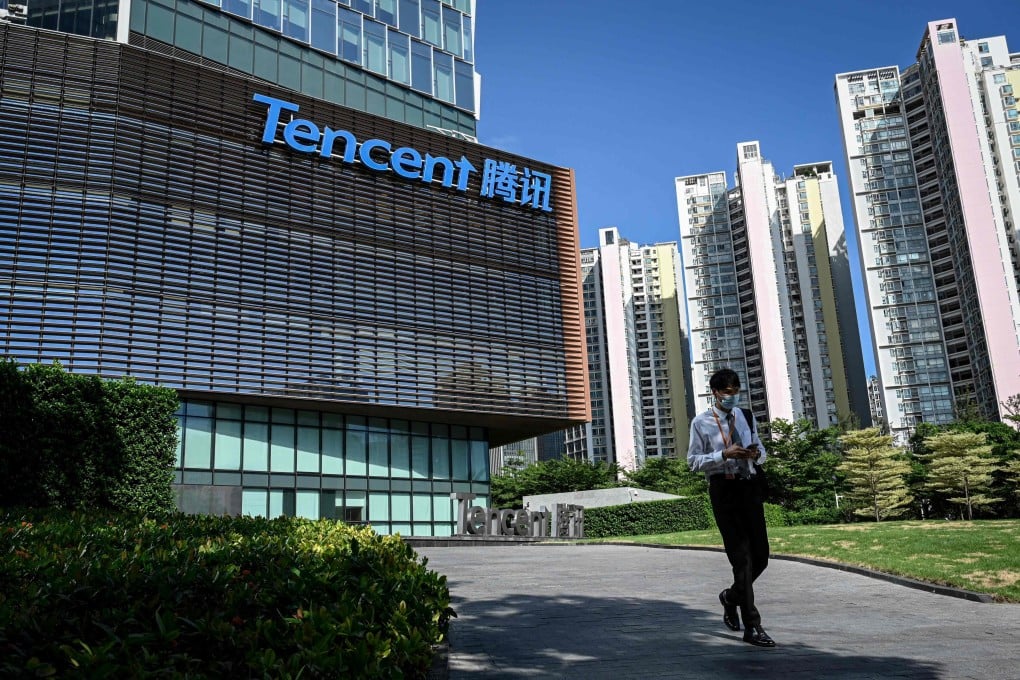Alibaba, Microsoft join Tencent-led alliance as WeChat operator aims to tackle climate crisis through sharing of patents
- The alliance comprising 10 companies has shared 189 patents for free as a start to help break down technological barriers to address the climate crisis
- They will also form a public-interest patent pool and share their carbon-related patents with organisations working on advancing carbon neutrality

The Global Carbon Neutral Technology Alliance, comprising Microsoft China, Alibaba Group Holding, Baidu, JD.com, Kuaishou, Ant Group, Meituan, Vanke and Willfar Information Tech, has disclosed 189 patents and know-how related to carbon neutrality for free to help break down technological barriers to address the climate crisis.
The companies will also form a public-interest patent pool and share their carbon-related patents with organisations working on advancing carbon neutrality, according to Tencent.
The patents cover various software and hardware technologies designed to advance energy savings and efficiencies, such as optimisation algorithms, energy monitoring and conservation, and reducing emissions in transport and buildings.
“It is becoming imminent for us to address climate change and facilitate the transition into a low-carbon economy,” Xu Hao, head of Tencent’s Carbon Neutrality Lab, said in a statement on Wednesday. “We at Tencent hope to help the traditional industries and those with relatively high carbon emissions, such as steel, cement, electricity and chemicals to move to a low-carbon model through our digital capabilities.”
After Beijing announced its “dual-carbon” goals two years ago to peak national carbon emissions by 2030 and achieve net-zero emissions by 2060, China’s tech giants, which are responsible for massive energy consumption and carbon emissions from their data centres and campuses, have announced their carbon neutrality targets to support the national goal.
